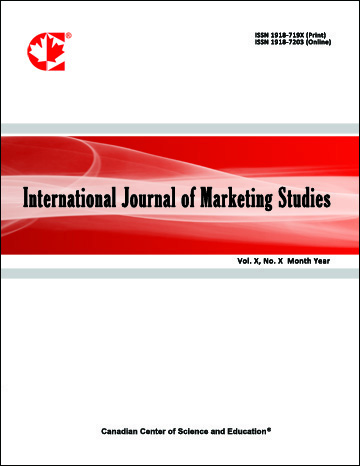A Critical Look at “Marketing, Consumption, and Society” by Anti-Consumerists: A Qualitative and Interdisciplinary Model of Anti-Consumerism
- Emre Basci
Abstract
The main purpose of the article is to provide the literature of anti-consumerism with a model, as well as a fresh definition of anti-consumption, based on the research findings. The study utilizes the grounded theory methodology developed by Glaser & Strauss (1967) and the causative, teleological, and behavioral nature of anti-consumerism are presented with the qualitative model. The findings show that there are no noticeable differences among Turkish anti-consumerists in terms of philosophy, values, and ideology. However, it was observed that individuals display different amounts of anti-consumerist behavior in varying degrees of intensity. When the reasons for anti-consumption are examined, it has been found that these reasons can be divided into three kinds—personal, social, and societal. Another finding is that the anti-consumerist transformation conforms to the development tasks described by Havighurst (1972). Young individuals trying to fit in with the dynamics of the social group also try to find their own unique identities with teachings and awareness on macro and micro scales, eventually turning into anti-consumerists.
- Full Text:
 PDF
PDF
- DOI:10.5539/ijms.v8n5p15
Journal Metrics
Google-based Impact Factor (2021): 1.34
h-index (July 2022): 70
i10-index (July 2022): 373
Index
- Academic Journals Database
- CNKI Scholar
- EconBiz
- Electronic Journals Library
- Excellence in Research for Australia (ERA)
- GETIT@YALE (Yale University Library)
- Harvard Library
- IBZ Online
- Infotrieve
- JournalTOCs
- LOCKSS
- MIAR
- PKP Open Archives Harvester
- RePEc
- ResearchGate
- ROAD
- Scilit
- SHERPA/RoMEO
- Stanford Libraries
- UCR Library
Contact
- Alyssa SunEditorial Assistant
- ijms@ccsenet.org
